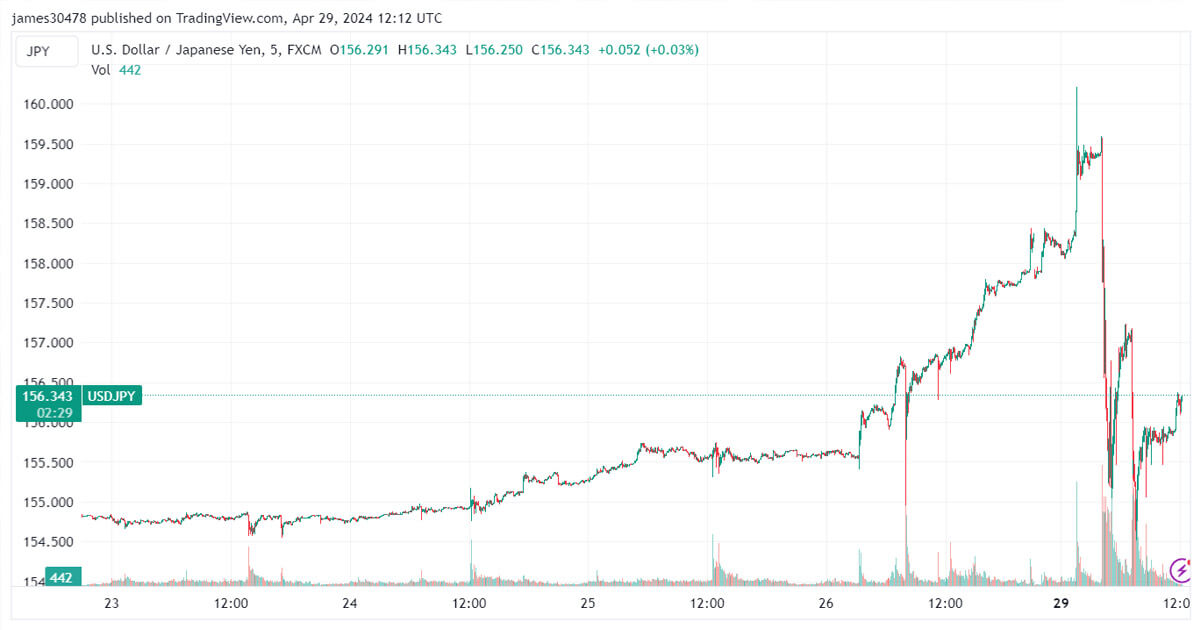Stanford University’s Institute for Human-Centered Artificial Intelligence Releases Comprehensive Report
Annually, Stanford University’s Institute for Human-Centered Artificial Intelligence delivers an extensive report regarding the state of the artificial intelligence sector. The latest report, unveiled this week, spans an impressive 502 pages, encompassing a plethora of insights concerning this cutting-edge technology. Embedded within its segment addressing the economics of the AI industry lies a startling revelation – global corporate investment in AI witnessed a decline last year for the second consecutive year.
Unraveling the Trends in AI Investment
This turn of events may catch many off guard, especially considering that the year 2023 was widely regarded as a peak era for AI enthusiasts. With new chatbots and companies emerging with fervor, company executives propagated extravagant claims concerning the technology’s potential. Nevertheless, the recent report by the Institute sheds light on the fact that in 2023, the overall investment in AI…
…contracted to $189.2 billion, marking a decrease of approximately 20% from the preceding year. While private investments experienced a slight retraction, the most significant downturn manifested in mergers and acquisitions, plummeting by 31.2% compared to the prior year. Notably, over the past decade, AI-related investments have surged thirteenfold.
The apex of global corporate AI investment materialized in 2021, highlights the report. That year witnessed a pinnacle total investment amounting to $337 billion. However, this figure descended to $234 billion in the subsequent year, further spiraling down by roughly $40 billion last year. Despite this, the United States remains a dominating force in AI investment, overshadowing all global contenders. Furthermore, more AI enterprises took flight last year than in any prior period.
According to the report, U.S. investments in artificial intelligence outstripped that of China, the subsequent top investor globally, by nearly 8.7 times last year. Concurrently, the U.S. welcomed 897 newly funded AI companies, vastly surpassing China’s count of only 122 startups that emerged. Additionally, a survey conducted by McKinsey illustrates that organizations implementing AI in the past year experienced notable cost reductions and revenue surges. The report elucidates that this trend implies “AI is steering substantial operational efficiency enhancements.”
Typically, the notion of “business efficiency” can potentially imply workforce downsizing and algorithm substitution for human labor. The report underscores that the prevalent AI use case among surveyed businesses in 2023 was contact-center automation, with 26% of respondents deeming it their primary AI application.
Image/Photo credit: source url





